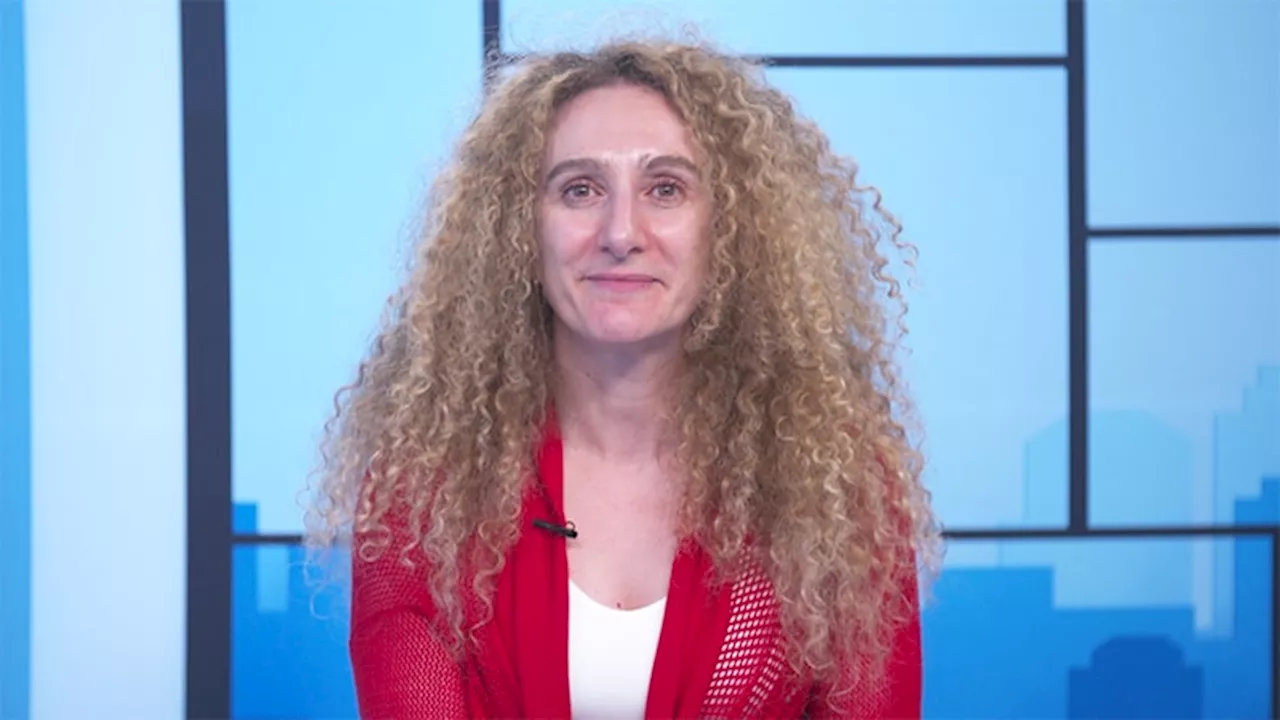The American Society of Clinical Oncology (ASCO) 2025 conference has brought forth significant advancements in melanoma research, particularly focusing on the role of tumor-infiltrating lymphocytes (TILs), strategies to reduce toxicity in treatments, and the influence of dietary fiber on patient outcomes. Dr. Teresa Amaral delivered an insightful presentation that highlighted these critical developments, offering a glimpse into the future of melanoma management.
Innovations surrounding TILs are reshaping treatment paradigms. These immune cells, which infiltrate tumors, have shown promise in enhancing patient responses to therapies. Recent studies indicate that the manipulation of TILs can lead to improved effectiveness in combating melanoma. With ongoing clinical trials exploring various TIL-based therapies, researchers are optimistic about their potential to increase survival rates among patients.
Reducing toxicity in melanoma treatments is another focal point of discussion at ASCO 2025. Traditional therapies often come with significant side effects, which can deter patients from completing their treatment regimens. Dr. Amaral emphasized the importance of developing lower-toxicity strategies that maintain efficacy while minimizing adverse reactions. This approach not only improves patient quality of life but also encourages adherence to treatment plans.
The impact of diet on cancer outcomes has gained traction in recent years, and ASCO 2025 showcased new evidence linking dietary fiber intake to better melanoma prognosis. Studies presented at the conference suggest that patients with higher fiber consumption may experience favorable treatment responses and improved overall health. This finding aligns with increasing interest in the role of nutrition as a complementary strategy in cancer care.
As these insights continue to unfold, the future of melanoma treatment appears promising. The integration of innovative therapies, toxicity reduction strategies, and dietary considerations could potentially transform patient experiences and outcomes in combating this aggressive form of skin cancer. With ongoing research and collaboration among oncologists and nutritionists, there is hope for more effective and holistic approaches to melanoma management.
In conclusion, the advancements shared at ASCO 2025 reflect a growing understanding of melanoma and the multifaceted strategies required to combat it. As the medical community continues to explore the intersection of immunotherapy, treatment tolerance, and nutrition, patients can look forward to a more comprehensive approach to their care.





































































